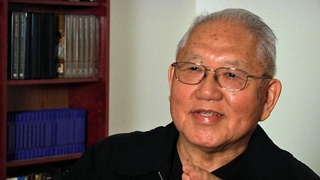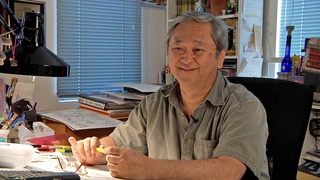Interviews
Reason she didn't transition earlier
One of reasons I couldn't come out as early as I think I wanted to was having a death penalty case always weighed upon me I felt like I can't do transition, you know transgender transition is too in your face. It's not like coming out gay and actually go in front of that jury and look exactly the same as I did before. It doesn't work like that when you transition, so I was always paranoid about that. Just like you probably paranoid and I imagined that all LGBT people during my era were paranoid about being outed and identified and targeted.
It was something that was just going to happen once you came out whether voluntarily or involuntarily so you might as well do it voluntarily. If you have the opportunity, you might as well do it on your own terms. So doing death cases though kept me for many years from transitioning, I probably would’ve done it maybe 10 years earlier maybe 20 years of we’ll see there was a period of time in the 90s when I remember thinking I needed to transition. I can't live like this anymore, I can't be the phony that I've gotten good at being.
Date: July 14, 2020
Location: California, US
Interviewer: Matthew Saito
Contributed by: Watase Media Arts Center, Japanese American National Museum; Japanese American Bar Association
Explore More Videos

Considers Pittsburg his home, but always wanted to live in Japan
(b. 1981) Enka Singer


The first concert in the United States (Japanese)
(b. 1981) Enka Singer












